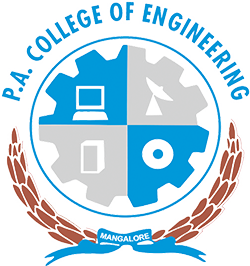News & Events
Agricultural Mycology Unveiled: A 5-Day Practical Workshop for Budding Biotechnologists
Mar 24, 2025 - Mar 28, 2025
The 5-day hands-on workshop on “Agriculture Mycology” from 24th March to 28th March, conducted at the Department of Biotechnology aimed to provide in-depth practical knowledge on fungal biology with specific applications in agriculture, and to encourage students to explore mycology as a key domain in biotechnology.
The sessions were coordinated by Dr. Krishna Prasad N, Head of the Department, and Ms. Shainy Mathew, Assistant Professor, who ensured the smooth execution of the workshop modules. The event was supported by student coordinators Ayisha Afra and Salila from the VI Semester Biotechnology stream.
Each day focused on a distinct aspect of mycological techniques, allowing participants to gain hands-on experience. The key highlights of the workshop included:
• Sterilization Techniques: Understanding aseptic methods to avoid contamination during fungal culture handling.
• Soil Sample Collection: Demonstration and practice of collecting viable soil samples for fungal isolation.
• Slide Culture Method: Observation of fungal morphology and structure using microscopic slide techniques.
• Fungal Strain Identification: Learning to identify fungal species based on morphological and microscopic characteristics.
• Dual Culture Techniques: Exploration of interactions between different fungal strains in controlled settings.
Participants were directed to follow general lab safety protocols, including the use of lab coats and operations within laminar airflow cabinets. All cultures and materials were clearly labelled, and students were encouraged to participate in Q&A sessions, making the workshop highly interactive.
To extend its coverage, the workshop was also streamed on Instagram through the handle @discoverybioteck, allowing a wider audience to benefit from the sessions.
The 5-day Agriculture Mycology Workshop was a highly beneficial program for students, combining theoretical knowledge with real-time laboratory practices. It fostered critical thinking, precision in laboratory techniques, and a deeper understanding of fungal applications in agriculture. The initiative stood as a testament of the Department‘s commitment to experimental learning and academic excellence.

